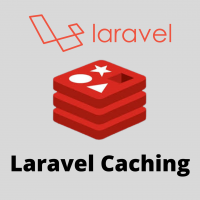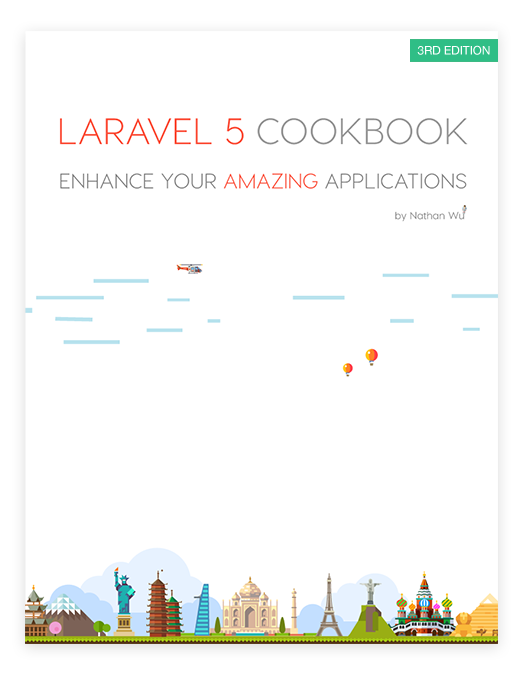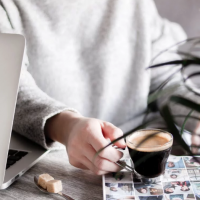Security Policy Evaluation in Laravel with PropAuth
When you think about authentication and authorization checks on users of your system, the first things that come to mind are usually the typical role-based access control types: groups, permissions, passwords, etc. Most RBAC systems out there hard-code these kinds of things and force you into a pattern of checks on these values to ensure user access for a resource or record. This can be somewhat constraining on a complex system where checks can get very complicated very quickly.
There's an alternative to this hard-coded RBAC handling though and it turns the whole system into something much more flexible while still retaining the same groups/permissions/username/etc checks that the typical role-based systems have defined. With property-based evaluation, you open up the checking to any property that the subject (user) has, not just the small set of RBAC checks.
Here's a common scenario where the typical RBAC structure is used: check to see if User #1 is in "group1" and "group2" and has the permission "perm1". That's a pretty simple kind of check that could look something like (pseudo-code here):
if ($user->inGroup('group1') && $user->inGroup('group2') && $user->hasPermission('perm1')) { }
This is fine but it has two main problems:
As the evaluation gets more and more complex, the part inside the if() can become a tangled up mess and become quite confusing for developers to understand. It's not reusable at all. Any place you want to put in the same checks you'd have to copy and paste the code in, making for another lovely maintenance nightmare when permissions need to be changed. While property-based authorization checks won't solve the reusability problem by themselves, introducing the concept of "policies" will. Policies can be thought of as reusable sets of checks that can be easily pulled and applied across the application, m
Link:
This post is submitted by our members. Submit a new post.
Tags: Tutorials Laravel 5 Laravel 5.1


















